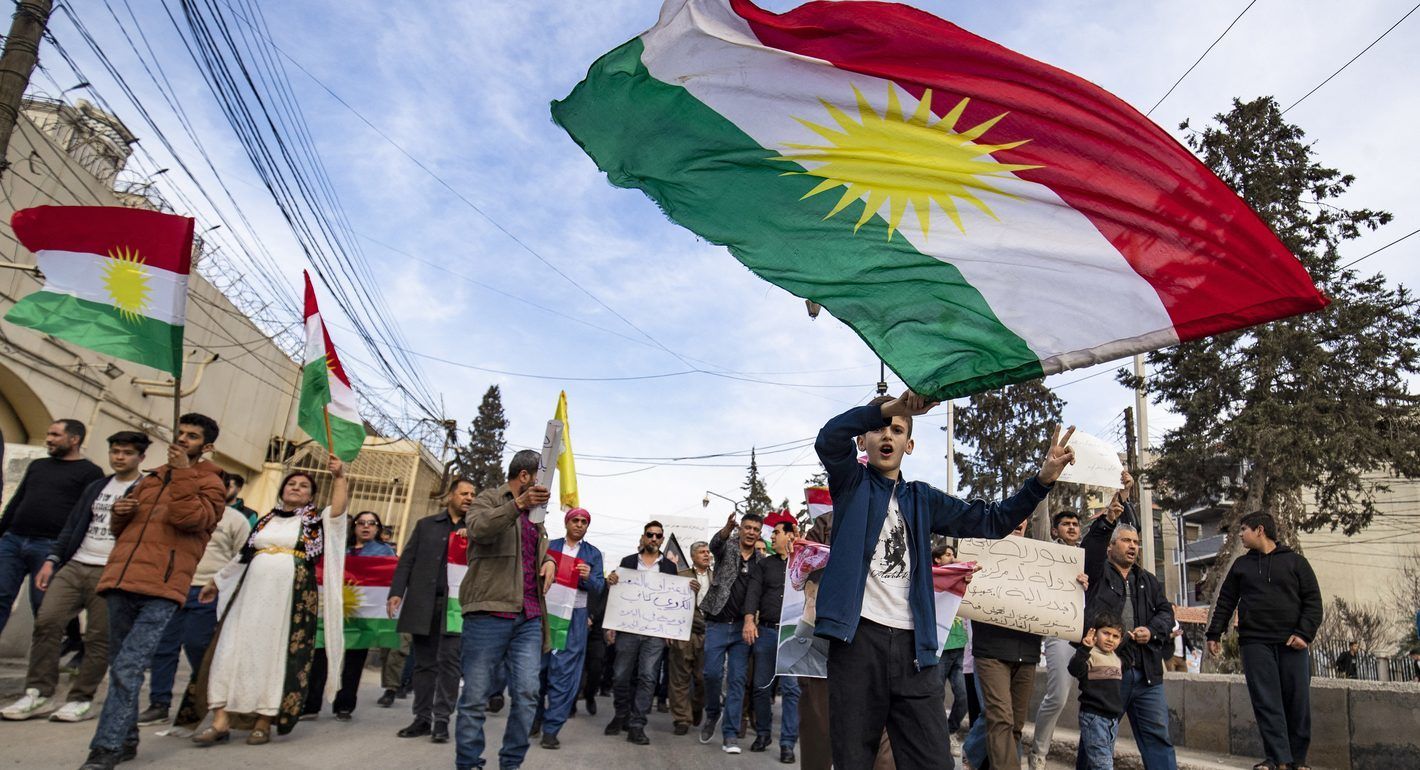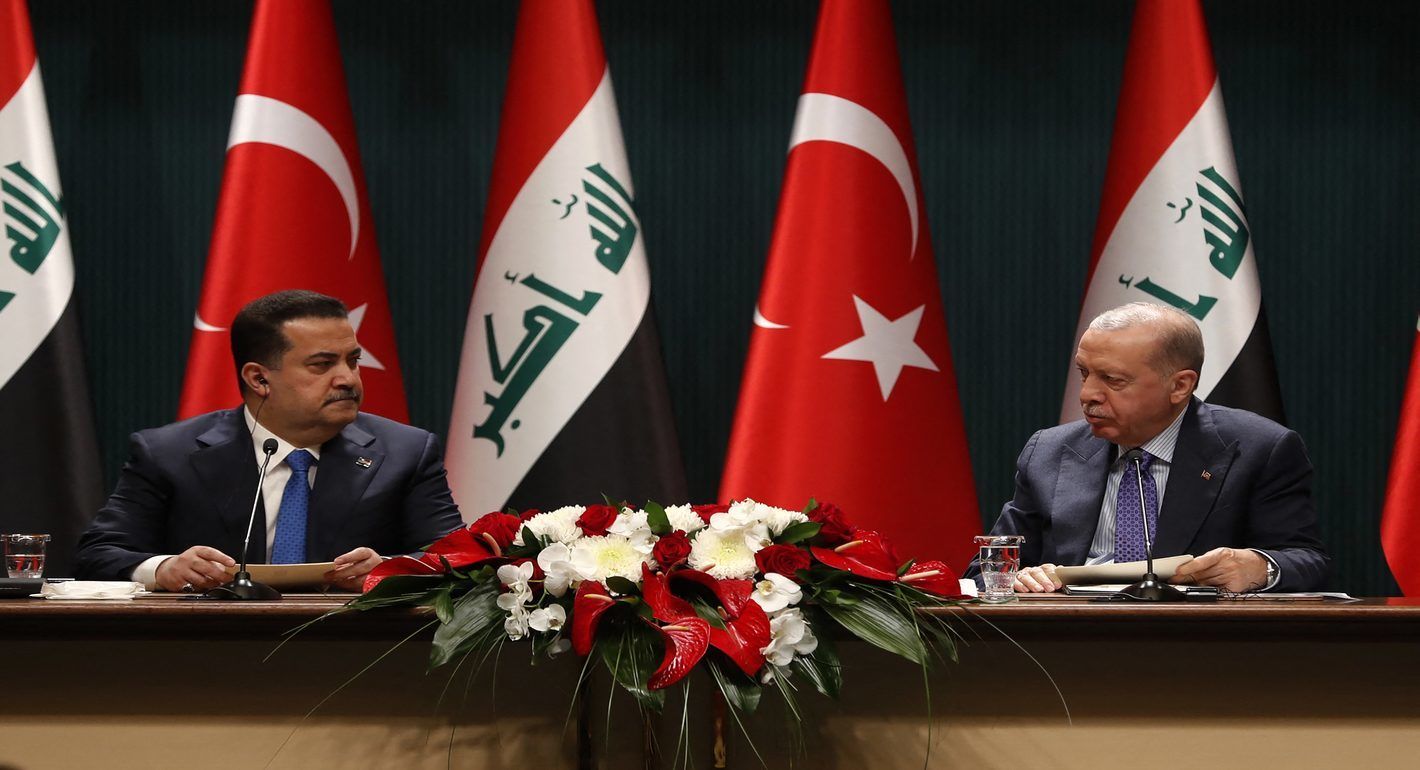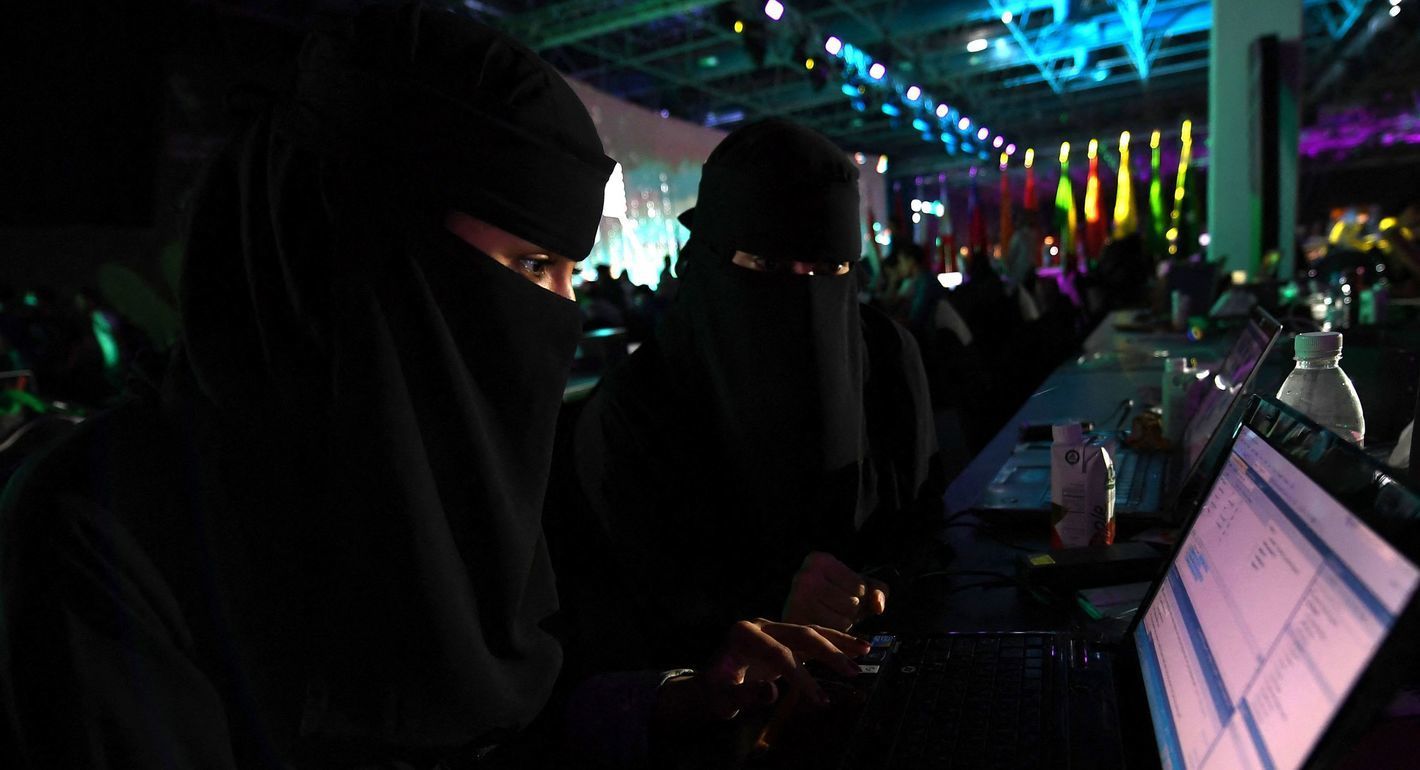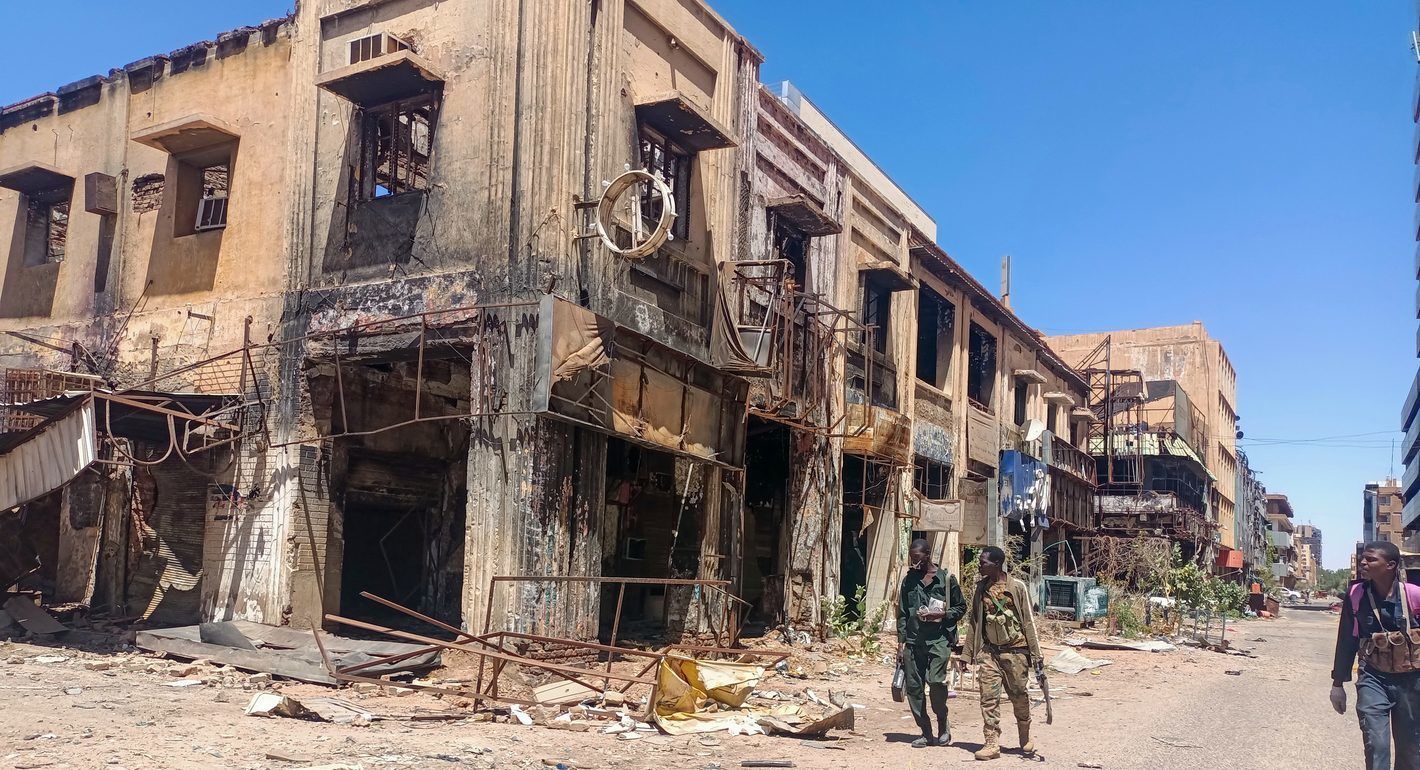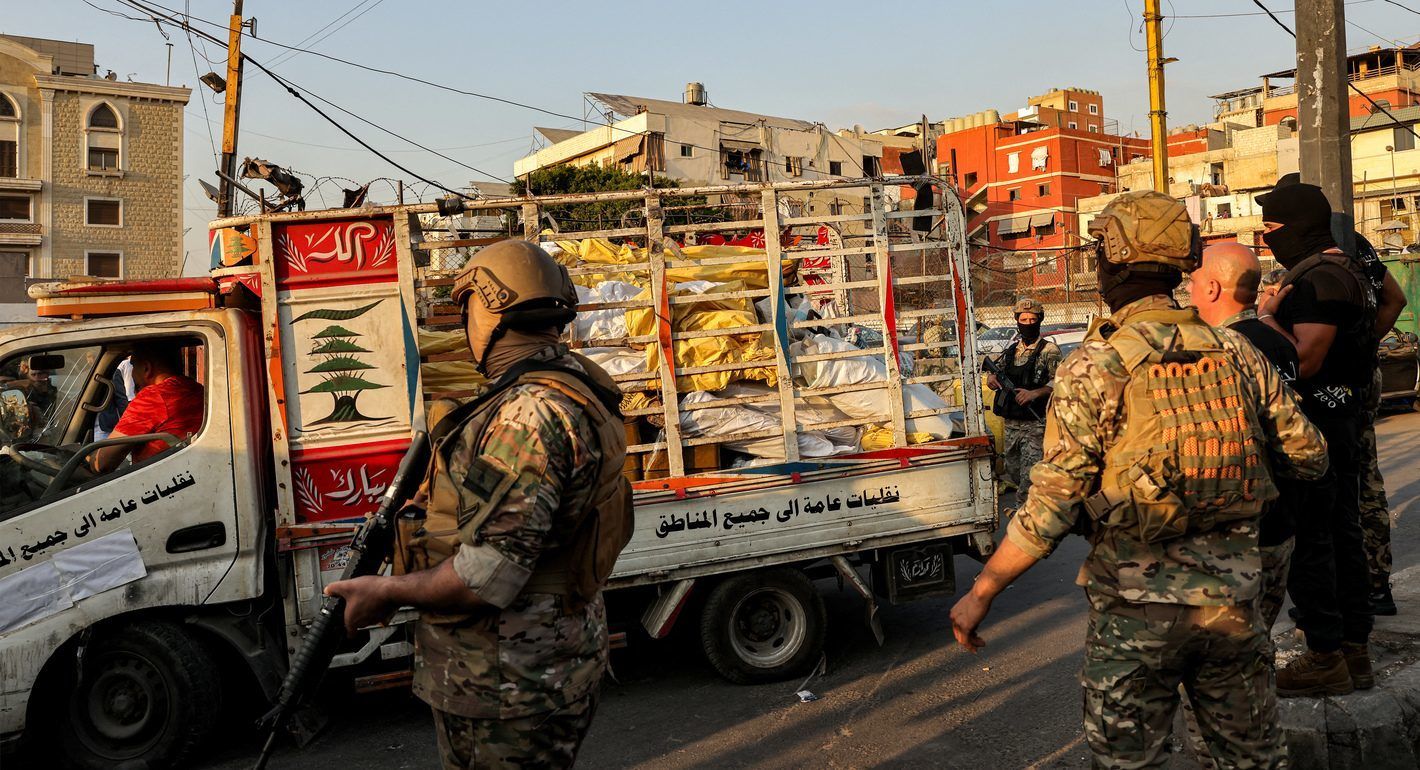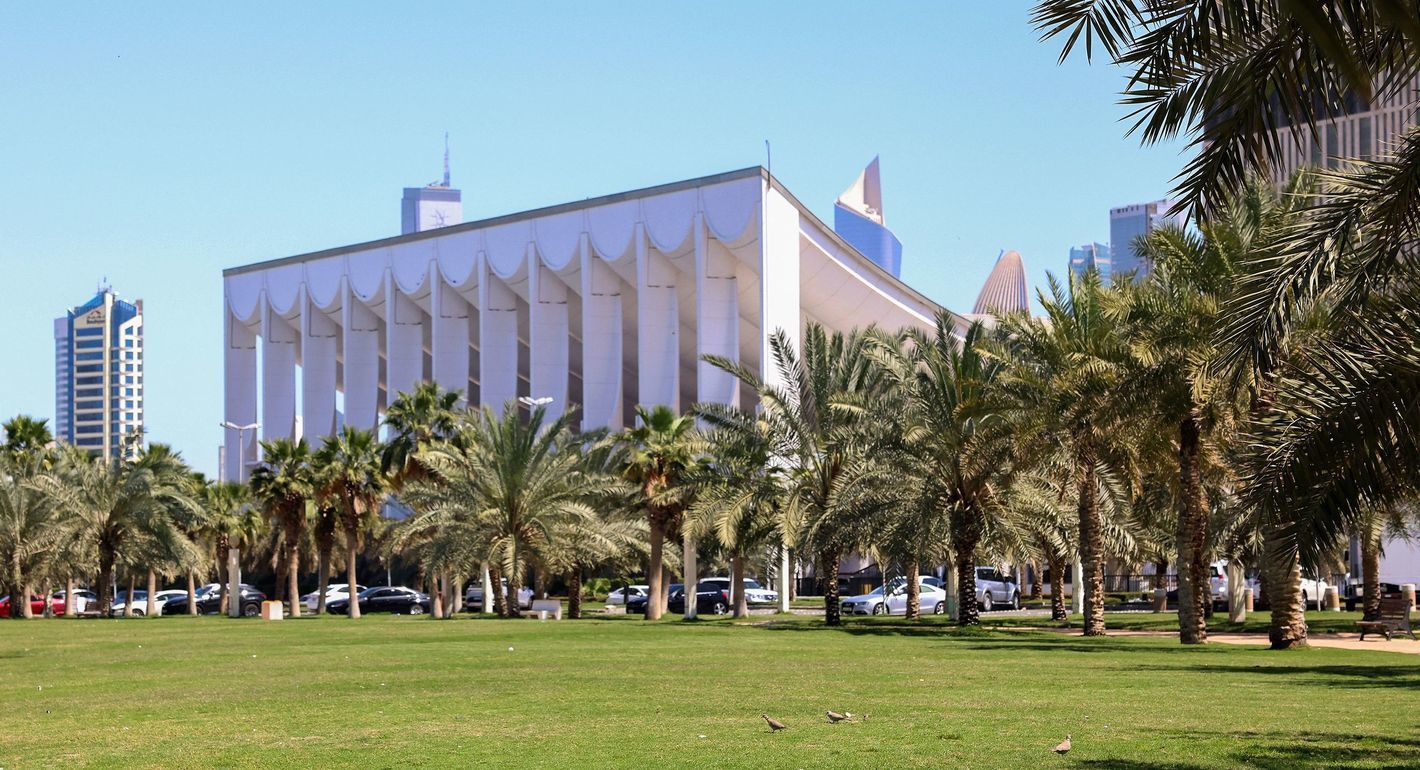Saudi Arabia, a country with conservative political inclinations, has historically resisted any form of revolution or rebellion. However, the sudden and chaotic developments in Syria have forced Saudi officials to confront an unprecedented situation. Saudi Arabia’s stance towards the Syrian Kurds presents both opportunities and risks for Riyadh. On the one hand, supporting Kurdish autonomy could provide Saudi Arabia with leverage to counter Iran’s influence in Syria and the broader region. On the other hand, this support poses significant risks, particularly in terms of Syria’s territorial integrity. If Kurdish autonomy leads to federalism, it could set a precedent that undermines the Arab identity of Syria and potentially destabilize the region further. This article seeks to determine Saudi Arabia’s position towards the Syrian Kurds and answer the question of what opportunities and dangers Saudi Arabia’s stance on the Syrian Kurds creates for Riyadh.
Hayat Tahrir Al Sham (HTS) now controls Damascus and roughly one-third of Syria. Since January 29, 2025, Saudi Arabia has been dealing with an interim government in Syria, led by Ahmed Al Shara, which, despite being sanctioned by the European Union (EU), the United States, and the United Nations, has struggled to unify the various opposition factions into a cohesive government. Gradually, the situation became more complicated. The temporary constitution, which designated Islamic jurisprudence as the main source of legislation, the HTS military crackdown on Alawites, which resulted in the killing of hundreds of Alawite militiamen and civilians, and their crackdown on the Druze, presented a glimpse of the complex scene ahead for Syrian unity.
Syria is grappling with severe poverty, with an estimated 16.5 million people relying on humanitarian aid in 2025. The military crackdown on the Alawites, along with protests from the Kurdish and Druze communities against the temporary constitution's neglect of minority rights, highlights the ongoing struggles within the country. Additionally, Türkiye and the Turkish-backed Syrian National Army's attacks on Kurdish areas have displaced approximately 1.1 million people and resulted in numerous civilian and fighter deaths. These events underscore the significant challenges the new Syrian government faces in assuring the international community that minority rights are being protected.
At present, the key conflicts in Syria involve the Kurds, the interim government, Türkiye, and opposition groups like the Syrian National Army, as well as military clashes with the Alawi, the Druze population, and Israeli attacks in the south. Saudi Arabia views this situation with skepticism and caution, and by pursuing a cautious but realistic approach, it is closely following developments in Syria and the future status of the Syrian Kurds.
Saudi policy towards Syria
Saudi Arabia's policy towards the new Syria is based on stability, security and avoiding any meeting with Islamist groups in the internal developments in Syria. In dealing with Syria, Riyadh closely monitors its rivals such as Türkiye and Qatar, and an important step for Saudi Arabia is to return Syria to its Arab identity to the extent that it moves away from the anti-Israel nationalist policies of the previous government.
Overall, Saudi Arabia sees the cessation of Iran’s presence as a positive sign in the new Syria. In the future, Riyadh will try to ensure the Arab identity, security and stability of Syria through its own efforts and those of its regional allies, along with eliminating Iranian influence. In addition, Riyadh will prioritize the establishment of an inclusive government, ensuring the presence of the Kurds in the new Syria, and finding a permanent solution to the smuggling of Captagon from Syria to Saudi Arabia.
Saudi Arabia is adopting a cautious, wait-and-see approach regarding the Syrian Kurds, particularly during the formation of an inclusive government, for three key reasons: it opposes political Islam, as the HTS’s Islamist activities could spread political Islam across the region; Türkiye, a rival power, has become influential in Syria, threatening Saudi interests; and the HTS’s control over a third of Syria raises concerns about the long-term possibility of a unified country.
Saudi Arabia and the Syrian Kurds
Saudi Arabia does not have a clear position on the Syrian Kurds, and its most important priority is to maintain stability and integrity and, at the same time, respect the rights of minorities, including the Kurds. Since Saudi Arabia does not have a ‘native’ Kurdish minority in the country, it is not sensitive to them. When tensions arise between regional governments and the Kurds, it often advises restraint or limits itself to conventional political statements.
However, Riyadh initially wants to resolve these issues:
Israel and the Kurds
Israel is pessimistic about the future developments of the newly established Islamic State in Syria, and Tel Aviv's goal is to create a chaotic, unstable and divided Syria. After the fall of Assad, Israel focused specifically on Syria. In the first weeks of the fall, Israel occupied a buffer zone in the occupied Golan Heights, in violation of a Security Council resolution, and carried out 300 airstrikes on Syrian military facilities and advanced weapons, destroying 70 to 80 per cent of the Syrian army's strategic military capabilities. In another move, Israeli Prime Minister Benjamin Netanyahu pledged on December 15 to double the Israeli population in the occupied Golan Heights. Israel still views Syria as one of the Axis of Resistance, where the existence and strengthening of the Islamic State could be a challenge to anti-Zionist ideas in the future, so it is looking for an opportunity to weaken and prevent the formation of a unified and coherent government in Syria.
Israel views Syrian minorities, particularly Kurds and Druze, as tools to undermine Syria's territorial integrity. Israel has long supported Kurdish independence, even recognizing the 2017 Kurdish referendum. This support, however, poses risks for Saudi Arabia, as it could destabilize Syria and weaken its Arab identity. Israel's backing of Kurdish autonomy and minority groups might encourage fragmentation, making Syria’s future uncertain and challenging regional stability.
Israel’s commitment to Syrian minorities, including the Druze, was evident in the Jaramana incident, where Israeli forces prepared to defend the Druze from Syrian forces. Israeli Prime Minister Netanyahu’s statements against Syria’s government in the south and support for fragmented minorities reflect Israel’s broader strategy to weaken Syria and prevent its reunification. This approach raises concerns in Riyadh, fearing that Israeli influence in Syria may further destabilize the region and challenge Saudi interests, particularly concerning Kurdish autonomy.
Israel’s activities in new Syria and its unwavering support for Syrian minorities are reminiscent of Israel’s Alliance of the Periphery. The defensive and balancing doctrine of the 1950s and later advocated relations with non-Arab states throughout the Middle East and North Africa in balance with relations with Arab states surrounding Israel.
Supporting Syrian minorities is a way to demonstrate Tel Aviv's opposition to the Islamist Syrian government and its fears of a future Syria aligned with an Arab and jihadist identity. A month before Assad's fall, Gideon Sa'ar stated in his November inauguration that the Israeli government should engage with the Kurds and Druze minorities because they are our “natural allies.”
While Israel supports a demilitarized zone in southern Syria, some speak of Tel Aviv's desire to create a 'David's Corridor' to link the Druze in southern Syria with the Kurds in northeastern Syria, but the peace agreement between Syrian Democratic Forces (SDF) commander Mazloum Abdi and Ahmed Al Shara invalidated it. However, the Kurds' opposition to the temporary constitution, which dealt a severe blow to their aspirations for independence and semi-autonomy, will not make future cooperation impossible. Amichai Chikli, Israel's Minister of Diaspora and Combating Antisemitism, wrote on X that “Israel will act to protect the Druze minority in areas near its border, and efforts must be made to defend all minority populations in Syria, with an emphasis on the Kurds, from the jihadist genocide of Hay’at Tahrir Al Sham.”
Riyadh will closely monitor the Kurds’ efforts to engage with foreign governments and their struggle to support their independence. The Kurds’ historical desire to engage with Israel, which has given them the image of a “second Israel” in the region, makes Saudi Arabia skeptical about the future of Kurdish relations with the Israelis.
On the other hand, Israel’s continued support for the Druze minority in southern Syria, such as public support for aid programs for the 50,000 Druze residents as well as the half-million residents in the Jabal al-Druze region in As-Suwayda Governorate, indicates Israel’s efforts to gain local influence in these areas. There is evidence that the Israelis have allowed Druze to work in Israel. The same practice could be replicated in the Kurdish context and could be a warning sign for strong future social and political relations between Syrian Kurds and Israel.
Israel’s future support for the Kurdish militias could be covert or through the United States and Western countries. Israel would support the Kurds by lobbying the power and decision-making institutions of the United States and Western countries. Tel Aviv may find it useful, for example, to provide military-support assistance to the Kurdish forces by providing intelligence, military training, or even advanced technology. Saudi Arabia is well aware of Israel’s military-political power and influence and will take Tel Aviv’s activities in Syria seriously.
The United States
The United States has had a military presence in Syria since September 2014, with approximately 2,000 US troops stationed at the Al Tanf base in southern Syria and other locations in the eastern part of the country. The US forces have strategically allied with Kurdish groups, notably the Syrian Democratic Forces (SDF) and the armed forces of the Autonomous Administration of North and East Syria (AANES). These Kurdish groups have played a crucial role in assisting the US in its fight against ISIS, while the US has provided them with military support, including weapons and training.
The ongoing presence of US military forces in Syria has both pros and cons for Saudi Arabia. On one hand, it acts as a major barrier to efforts aimed at increasing Iran’s influence in Syria, especially through its proxies, known as the ‘Axis of Resistance.’ The US military presence is crucial for disrupting the 'Shiite Crescent,' which refers to the network of Iranian-backed Shiite militias and forces stretching from Tehran through Iraq and Syria to the Mediterranean. By constraining Iran’s influence in Syria, the US plays a role in preventing the strengthening of this strategic corridor. However, this situation also creates challenges for regional stability and complicates Saudi Arabia’s broader geopolitical goals in the area.
The second issue is Türkiye's military offensive against Kurdish forces in Syria, specifically the Syrian Democratic Forces (SDF) and the People's Defense Units (YPG), which are primarily Kurdish militias. Türkiye views these groups as extensions of the Kurdistan Workers’ Party (PKK), a designated terrorist organization in both Türkiye and the United States. Despite this, the US continues to support the SDF and YPG due to their critical role in the fight against ISIS. This dynamic highlights a significant tension between NATO allies, as Türkiye's security concerns regarding Kurdish separatism clash with US interests in maintaining Kurdish alliances for counterterrorism operations in Syria.
In Syria's fragmented governance, the U.S. sees Kurdish forces as key to balancing Islamist groups, while Saudi Arabia views the U.S. presence as blocking Türkiye’s exclusion of the Kurds. Saudi Arabia aims to protect Syria's oil and gas resources, primarily controlled by the Kurdish PYD, with U.S. military support ensuring resources benefit Syria, not specific groups.
70 per cent of Syria's oil and gas fields are located in the Kurdish areas, and while Trump emphasized that the U.S. presence in Syria was for oil, Saudi interests may not always align with U.S. policies, especially regarding the Kurds. The U.S. approach could cause regional instability and ignore Arab interests, leading to potential disengagement in favor of Türkiye's position.
A U.S. withdrawal, in line with Trump’s ‘America First’ stance, could open the door for Türkiye’s influence. Saudi Arabia, while wary of Türkiye’s dominance, might accept this shift, as evidenced by Trump’s comments on Türkiye's military actions in Syria, which were notably sympathetic to the country’s strategic goals.
The Kurds as a tool to pressure rivals
The Kurds have an active and inclusive foreign policy, engaging with various countries, including Israel. This has become a strategic tool for Saudi Arabia, which seeks to leverage Kurdish influence to pressure its regional rivals, particularly Iran. After significant setbacks in Syria, Gaza, and Lebanon on October 7th, Iran is now attempting to regain influence in Syria, like what Turkish media claims about Iran's failed attempt to send drones to the Syrian Kurds, an effort that has been criticized by Turkish Foreign Minister Hakan in an interview with Al Jazeera Arabic on February 26.
The same tools that allow Iran to gain influence in Syria could also be used by its adversaries, such as Saudi Arabia, in Kurdish regions. Saudi Arabia's involvement in the KRI’s independence referendum in 2017 has raised suspicions about its motives to counter Iranian and Turkish interests. Retired Saudi General Anwar Eshki, supporting a Greater Kurdistan, argued, "We should work to create a Greater Kurdistan through peaceful means, because this will reduce the ambitions of Türkiye, Iran, and Iraq." This aid had previously been objected to by Iranian officials. In November 2016, General Rahim Safavi, a former commander of the Islamic Revolutionary Guard Corps (IRGC) and a military advisor to Iran's Supreme Leader Ayatollah Ali Khamenei, announced that the Saudi consulate in the Iraqi Kurdistan Region had been providing weapons to "counter-revolutionary groups."
These experiences show that if Iran gains influence among the Syrian Kurds, Saudi Arabia can use its soft power and financial and investment tools in the region to clip Iran's wings.
This Saudi Arabian practice can also be seen with regard to Türkiye. In the third Turkish attack on northern Syria on October 9, 2019, called ‘Peace Spring’, Saudi Arabia, along with the Arab League, spoke of the need to support the territorial integrity, independence, and sovereignty of Syria and condemned the Turkish attack. Erdogan responded by saying, “Saudi Arabia should look into the mirror”. This was an allusion to Saudi Arabia’s involvement in Yemen.
During the years of Türkiye’s presence in northern Syria and the war with the Kurds, Saudi Arabia has provided significant aid to the SDF and has tried to build ties with Arab tribes in northern Syria. At that time, Saudi Arabia’s goal was to maintain influence in northern Syria and control the Syrian Kurds. In late 2019, Riyadh gave $100 million to the SDF and some tribal representatives to maintain cohesion between them. Thamer Al Sabhan Saudi minister of state visited the Kurdish-controlled areas of Deir ez-Zor and Raqqa on June 13, 2019, and an SDF delegation visited Saudi Arabia on November 25, 2019, at an official invitation. Saudi Arabia has been trying to prevent Türkiye from eliminating them through financial assistance and influence over their allied Arab tribes.
Conclusion
Saudi Arabia’s position on the Syrian Kurds offers both strategic opportunities and potential risks. On the one hand, Riyadh sees the U.S. presence in Syria as an opportunity to reduce Iran’s influence and disrupt the so-called “Shiite Crescent” — a network of Iranian-backed proxies extending from Tehran to the Mediterranean. The U.S. military presence in the region is seen as a counterbalance to Iran’s efforts to consolidate power, especially after the fall of Assad. Additionally, Saudi Arabia views the U.S. as a key ally in ensuring that Turkey’s ambitions to eliminate or marginalize the Syrian Kurds from Syria’s future political landscape are thwarted. The U.S. presence also prevents Syria from becoming a satellite state of Turkey. Moreover, supporting Kurdish autonomy could allow Riyadh to secure a foothold in Syria’s lucrative natural resources, particularly the oil-rich regions in the northeast, boosting its geopolitical influence.
However, these potential advantages are accompanied by significant risks. A push for Kurdish federalism could trigger nationalist movements elsewhere in the region, including within Saudi Arabia, which could destabilize the monarchy. Furthermore, Riyadh’s delicate balancing act might be jeopardized by external pressures, particularly from Israel or the U.S., which may seek to influence Kurdish affairs to their own ends. Israeli support for Kurdish autonomy could complicate Saudi Arabia’s broader regional strategy, especially if it undermines the territorial integrity of Syria. The presence of U.S. forces in Kurdish-controlled territories also creates a complex environment for Saudi Arabia, forcing it to navigate competing interests: backing Kurdish autonomy while managing Turkish opposition and countering Iran’s growing influence.
Lastly, Israel’s tendency to use the Kurds and other minorities for its own strategic purposes adds another layer of complexity, requiring Saudi vigilance to avoid becoming entangled in external power plays.

